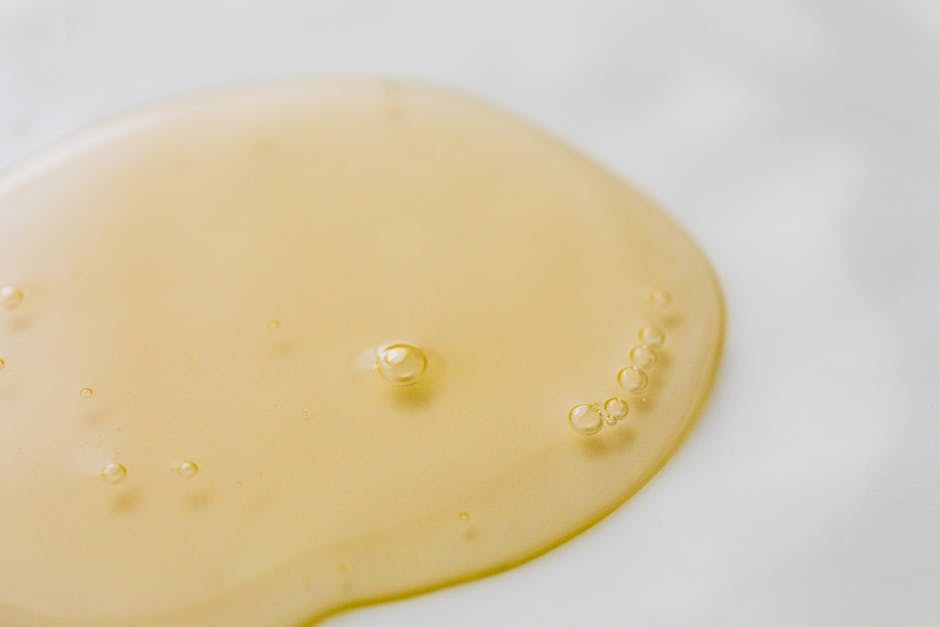Nasal Hygiene 101: What You Need to Know to Prevent Chronic Congestion

The importance of nasal hygiene
Maintaining nasal hygiene is crucial for preventing chronic congestion. By keeping your nasal passages clean and moist, you can reduce the risk of infections and improve your overall breathing. Regular nasal hygiene practices, such as nasal irrigation and using a humidifier, can help clear out mucus and allergens, keeping your nasal passages healthy. Avoid using harsh chemical nasal sprays or over-the-counter decongestants, as they can irritate the nasal lining and worsen congestion in the long run.
Understanding chronic congestion
Chronic congestion refers to long-term nasal blockage that can lead to difficulty breathing. It is often caused by conditions such as allergies, sinus infections, or nasal polyps. When you have chronic congestion, the lining of your nasal passages becomes swollen and produces excess mucus, making it hard for airflow to pass through. This can result in symptoms like nasal stuffiness, post-nasal drip, and difficulty sleeping. Regularly clearing your nasal passages with saline solutions or humidifiers can help alleviate chronic congestion symptoms.
Common causes of nasal congestion
Nasal congestion is often caused by allergies, sinus infections, and certain medications. Pollutants in the air can also irritate the nasal passages, leading to congestion. Smoking is a major irritant to the nasal passages and can worsen congestion. Dry air can dry out your nasal passages, making them more susceptible to congestion. Deviated septum, a shift in the nasal cavity wall, can also cause blockages and congestion. Nasal polyps, noncancerous growths in the nasal passages, can obstruct airflow and lead to congestion.
Tips for maintaining nasal health
To keep your nose healthy, one key tip is to regularly rinse your nasal passages with a saline solution. This helps to clear out mucus and allergens, reducing congestion. Another tip is to use a humidifier in your home, as moist air can help soothe irritated nasal passages. Additionally, avoid irritants like cigarette smoke and strong odors, as they can exacerbate nasal issues. Finally, staying hydrated is crucial for maintaining healthy nasal function, so be sure to drink plenty of water throughout the day.
Nasal hygiene practices for congestion prevention
First and foremost, keeping your nasal passages clean is essential to prevent chronic congestion. You can do this by regularly washing your hands before touching your face to avoid transferring germs. Using a saline nasal spray can help to moisten and clear out your nasal passages. Avoid using harsh chemicals that can irritate your nose, and opt for gentle, non-medicated products. Humidifiers are also beneficial for keeping the air moist, which can reduce nasal dryness and congestion. Remember to stay hydrated throughout the day as well, as drinking enough water helps to maintain moisture in your nasal passages.
Proper techniques for nasal cleansing
To properly clean your nasal passages, use a saline solution to irrigate your nose. You can do this by either using a neti pot or a nasal saline spray. Avoid using tap water; always use distilled or boiled water for the saline solution. Make sure to follow the instructions carefully to prevent any infections. Regularly cleaning your nasal passages can help reduce congestion and improve overall nasal health.
Natural remedies for alleviating congestion
To help with congestion, you can try using a saline nasal spray to moisturize your nasal passages and clear out mucus. Steam inhalation can also be helpful, where you inhale steam from a bowl of hot water to loosen congestion. Another remedy is using a humidifier in your room to keep the air moist and prevent your nasal passages from drying out. Eucalyptus oil is a natural decongestant that can be added to a steam inhalation session for extra relief. Finally, drinking plenty of fluids like water, herbal teas, and broth can help thin mucus and ease congestion. These natural remedies can be effective in alleviating congestion and promoting nasal hygiene.
When to seek medical help for chronic congestion
If you experience chronic congestion that does not improve with over-the-counter remedies, it is advisable to consult a medical professional. Signs that indicate you should seek medical help include:
- Frequent or persistent congestion that lasts for more than two weeks
- Excessive nasal discharge that is yellow or green in color
- Facial pain or pressure accompanied by congestion
- Difficulty breathing through your nose even after using decongestants
- Recurrent nosebleeds
- Loud snoring or trouble sleeping due to breathing difficulties
Lifestyle factors affecting nasal health
Maintaining good nasal health involves more than just blowing your nose. Lifestyle plays a significant role in how your nose performs. Factors like smoking, pollution, allergies, and poor diet can impact your nasal health. These elements can lead to chronic congestion and other nasal issues. Making simple changes like quitting smoking, improving your diet, and reducing exposure to pollutants can make a big difference in keeping your nasal passages clear and healthy. Remember, a healthy lifestyle translates to healthier nasal passages!
Conclusion: Taking care of your nasal passages
A healthy nasal hygiene routine can help prevent chronic congestion and improve overall well-being. Here are some key points to remember for proper nasal care:
- Regularly irrigating your nasal passages with a saline solution can help clear out mucus and allergens.
- Avoid irritants like smoke and strong odors that can inflame the nasal passages.
- Using a humidifier in your home can keep the air moist and prevent nasal dryness.
- Investing in a good quality air purifier can help filter out pollutants and allergens from the air you breathe.
- Seeking medical advice if you experience persistent congestion or other nasal issues is crucial for proper diagnosis and treatment.
By incorporating these practices into your daily routine, you can maintain healthy nasal passages and reduce the risk of chronic congestion.